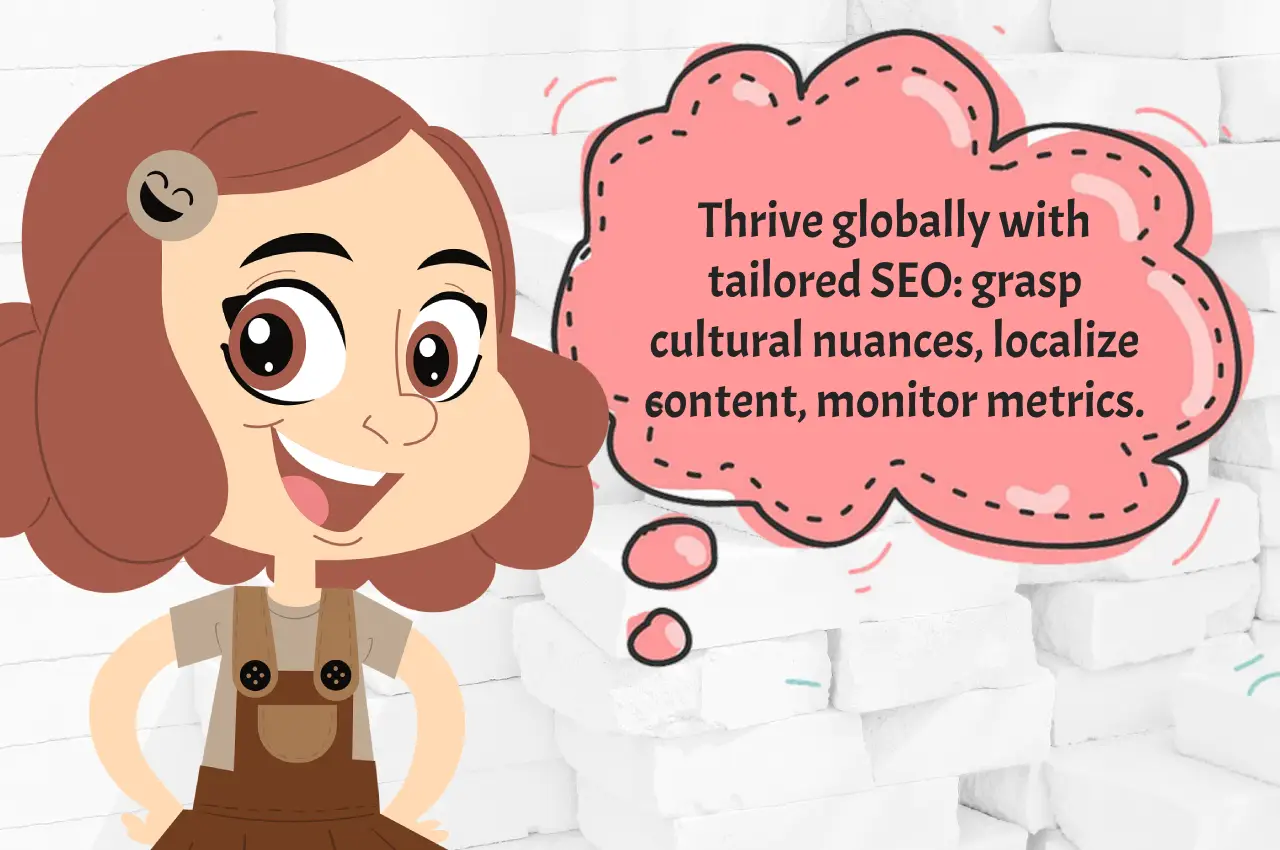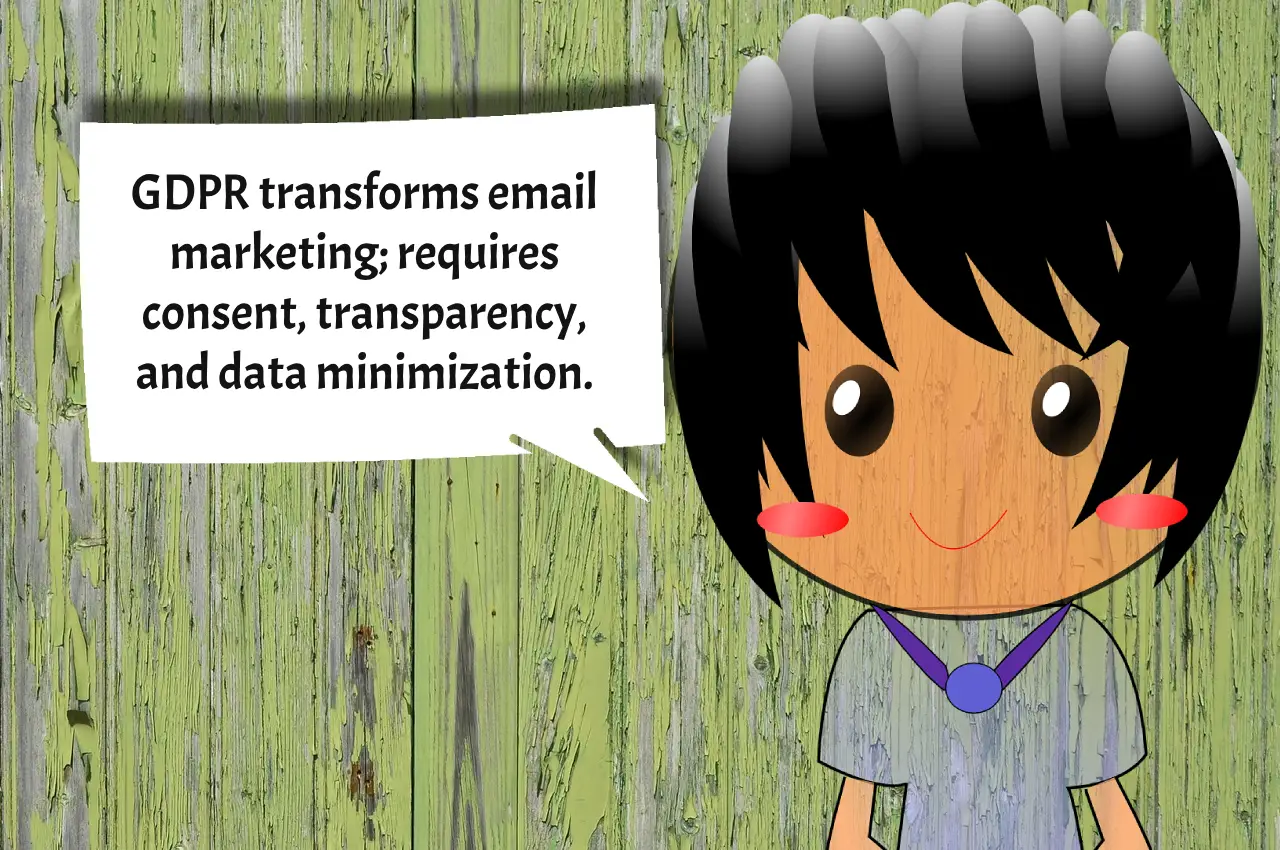In today’s interconnected digital landscape, businesses no longer operate within the confines of local markets. The internet has transformed the world into a global marketplace, opening doors to unprecedented opportunities. To seize these opportunities, businesses must not only adapt but thrive in the realm of international SEO.
Understanding the Global Search Landscape
Before embarking on the journey of international SEO, it’s crucial to grasp the diverse nature of global search. Different regions have unique search behaviors, cultural nuances, and linguistic preferences. Tailoring your SEO strategy to resonate with these distinctions is the key to unlocking untapped markets.
In a world where online searches have become ubiquitous, understanding the intricacies of how users seek information globally is paramount. Each region, from North America to Asia-Pacific, exhibits specific search trends influenced by cultural, linguistic, and even economic factors. For instance, users in Germany might prefer long-tail keywords, while users in the United States may lean towards concise queries.
The Power of Localized Keywords
One size does not fit all, especially in the world of SEO. Imagine you’re a shoe retailer expanding into Japan. While “running shoes” might be a popular search term in the United States, your Japanese audience might be searching for “jogging shoes.” Conduct thorough keyword research to uncover the local vernacular that resonates with your target audience.
Localized keywords go beyond mere translation; they encapsulate the essence of how your audience thinks and expresses their needs. Think of them as the linguistic bridge connecting your business to potential customers in a new market.
Hurdles of Language: Transcending the Translation Barrier
Language is not just a tool for communication; it’s a gateway to culture. Simply translating content may not suffice. Take the infamous example of Chevrolet’s “Nova” model, which failed to gain traction in Spanish-speaking markets due to its translation, meaning “no va” or “doesn’t go.” Invest in professional localization services to ensure your message not only translates but resonates.
In the digital age, linguistic missteps can have significant consequences. It’s not merely about words; it’s about understanding the cultural connotations and ensuring your content aligns with the expectations of your target audience.
Tailoring Content for Cultural Relevance
Your international audience may share a need for your product or service, but their cultural context matters. Adapt your content to align with local customs, traditions, and sensitivities. McDonald’s, for instance, tailors its menu to suit local tastes, offering McSpaghetti in the Philippines and a KiwiBurger in New Zealand.
Cultural relevance is not just a buzzword; it’s the secret sauce that makes your brand relatable across borders. Share stories and anecdotes that resonate with the cultural values of your target audience. Whether it’s a festival, a tradition, or a local success story, incorporating these elements into your content builds a connection that transcends geographical boundaries.
Technical Foundations: Geo-targeting and Hreflang Tags
In the technical realm of international SEO, geo-targeting and hreflang tags play a pivotal role. Geo-targeting informs search engines about the targeted country for your content, while hreflang tags signal the language and regional targeting of a webpage. These elements work together to ensure search engines deliver the right content to the right audience.
Think of geo-targeting as the digital GPS for your content. It helps search engines understand where your business is relevant and ensures your content appears prominently in the search results of your target region. Hreflang tags, on the other hand, function as linguistic signposts, guiding users to content in their preferred language.
Building a Global Backlink Profile
Backlinks remain a cornerstone of SEO, and the same principle applies globally. Foster relationships with international influencers, industry leaders, and authoritative websites within your target markets. This not only boosts your credibility but also enhances your visibility on search engines across borders.
Building a global backlink profile is akin to creating a network of ambassadors for your brand. When reputable websites in your industry vouch for your content, search engines perceive your website as a reliable source of information. It’s a testament to your global relevance and authority.
Mobile Optimization for Global Accessibility
The majority of global internet users access content via mobile devices. Ensure your website is not only mobile-friendly but also optimized for varying internet speeds and device specifications across different regions. Google’s Mobile-Friendly Test can help you identify areas for improvement.
Mobile optimization is not a luxury but a necessity in the global arena. Users in emerging markets may rely on smartphones as their primary means of internet access. By ensuring your website is not only responsive but also tailored to diverse mobile environments, you maximize accessibility and user experience.
Monitoring Global Performance Metrics
An effective international SEO strategy requires continuous monitoring and adaptation. Track performance metrics specific to each target market, such as conversion rates, bounce rates, and keyword rankings. Tools like Google Analytics and SEMrush provide insights that enable data-driven decision-making.
Monitoring performance metrics is akin to navigating with a compass. It guides you through the vast landscape of international SEO, helping you course-correct and optimize your strategy based on real-time data. It’s not just about where you’ve been but where you’re heading.
Success Stories: Learning from Global SEO Pioneers
The journey to international SEO success is paved with valuable lessons from those who’ve gone before. Take Airbnb, for example, which localized its platform to cater to diverse cultures and preferences worldwide. By studying success stories, you can gain inspiration and avoid common pitfalls.
Success stories are not just inspirational anecdotes; they’re roadmaps to triumph. Analyze how global SEO pioneers navigated challenges, adapted to diverse markets, and innovated to meet the needs of a global audience. Learn from their successes and failures to chart your path to international SEO excellence.
The Ever-Evolving Landscape of Global SEO
As businesses continue to expand globally, the importance of international SEO cannot be overstated. Navigating the intricate landscape requires a blend of technical expertise, cultural sensitivity, and a commitment to continuous improvement.
International SEO is not a one-time endeavor but an ongoing process of evolution. The digital landscape is dynamic, and so is the behavior of your global audience. Embrace change, stay attuned to global trends, and consistently refine your strategy to maintain and enhance your global visibility.
Embark on your global SEO journey with confidence. Share your experiences and challenges in the comments below. Let’s build a community of international SEO enthusiasts!





